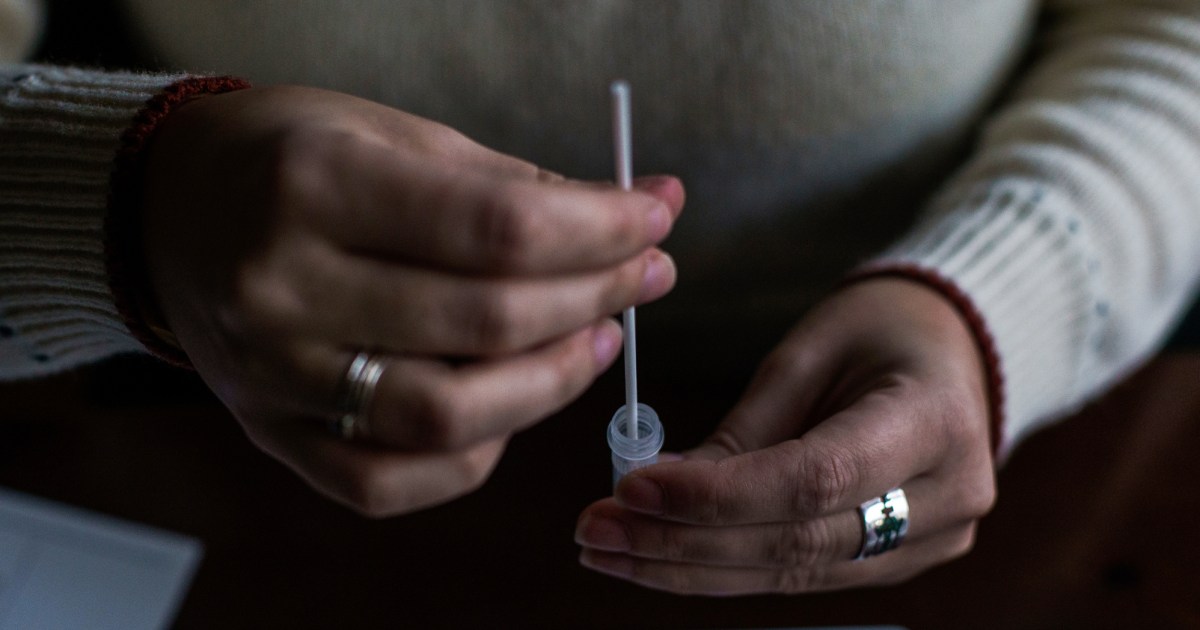You are here
Study indicates rapid tests seem to be most accurate when viral loads are high, so experts think a negative could mean less chance of spreading the virus.
Primary tabs
 Rapid Covid tests give false negatives, but it may mean you're not contagious The tests seem to be most accurate when viral loads are high, so experts think a negative could mean you’re less likely to spread the virus. NBC News
Rapid Covid tests give false negatives, but it may mean you're not contagious The tests seem to be most accurate when viral loads are high, so experts think a negative could mean you’re less likely to spread the virus. NBC News In early January, more than 700 Stanford University athletes took rapid Covid tests upon returning to the campus. Those who tested negative — and some who tested positive — were also given PCR tests.
The students were all participants in an experiment run by the Stanford University School of Medicine, which assessed the accuracy of BinaxNOW rapid tests.
The results, published Wednesday in JAMA Network Open, showed that the rapid tests caught 63% of positive cases, meaning they produced quite a few false negatives. The accuracy varied significantly depending on whether the infected athletes had symptoms. The tests caught 78% of symptomatic cases but 39% among asymptomatic athletes.
False positives weren't a problem though: The tests were accurate in nearly 100% of cases in which athletes did not have Covid. ...



Recent Comments